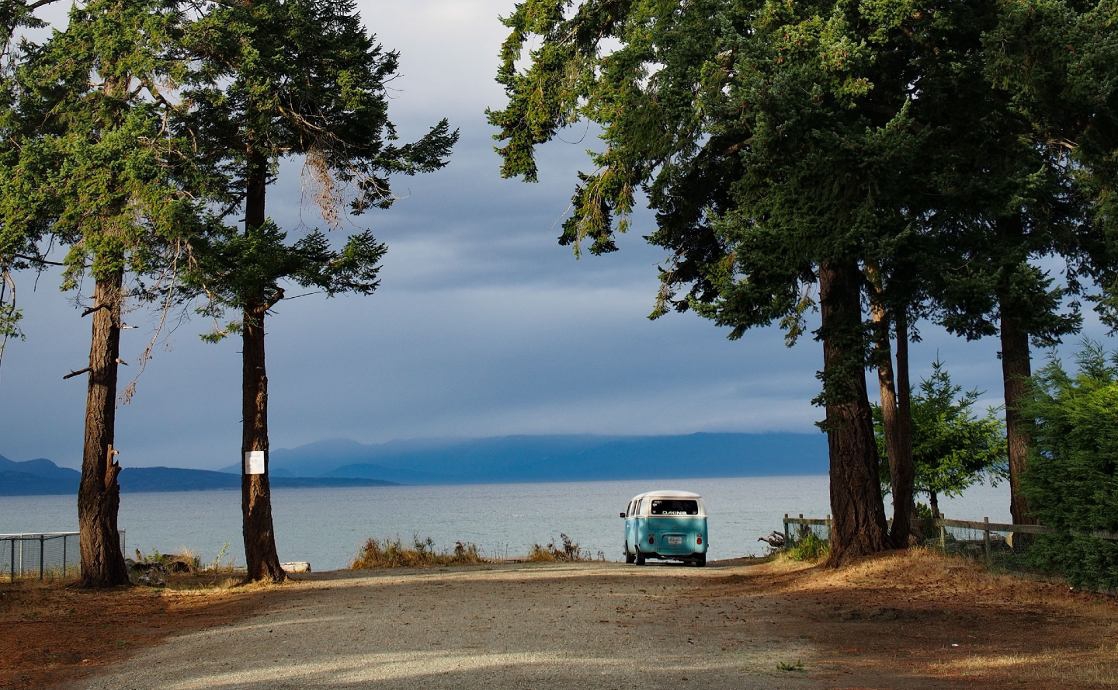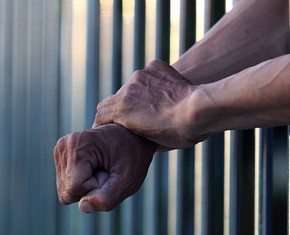The views expressed in our content reflect individual perspectives and do not represent the authoritative views of the Baha'i Faith.
My husband John and I were barely two hours into a nine-day car trip when our GPS unit broke down.
We considered our options, which included more reliance on printed maps, getting advice from other travelers, stopping at internet cafes, telephoning ahead for directions, asking questions at tourist information booths, and other such ideas.
As it turned out, the GPS had an overheating problem, and by the next day it worked again, though only for a few minutes. So it went for the rest of the trip — we had occasional use with long blackouts in-between.
RELATED: Taking a Trip? Make it Spiritually Meaningful
Despite this inconvenience, we had an excellent trip overall. As is so often the case, the situation got me thinking about its parallels in other realms of being. At an admittedly superficial level, our dilemma required us to use our wits and our instincts, which became an opportunity for growth. But more importantly, since life is more about the journey than the destination, the metaphor itself invites exploration.
Now, gazing back and taking a deeper look at the situation, I might ask myself: where I usually go for guidance and direction? Where is my own universal GPS? To what extent do I plan, improvise, depend on myself, or trust others? How do I decide where to go or what to do? How do I determine and evaluate my options?
As a Baha’i, my own moral compass — the source of guidance when I may be uncertain — is the teachings of Baha’u’llah. In personal situations, I can get directions by asking the question “What will promote unity?” Taking this to a social or collective level, a concern for justice can be our compass point for decision-making.
Building on that, I wonder if humanity can agree on moral or spiritual principles to guide our actions, even in the political sphere. If so, then we can achieve unity of thought and action by using those principles as our moral compass.
RELATED: Travel and the Truth: Ideas from Fellow Travelers
In a speech he gave in the United States in 1912, Abdu’l-Baha spoke about what this could mean:
If the moral precepts and foundations of divine civilization become united with the material advancement of man, there is no doubt that the happiness of the human world will be attained and that from every direction the glad tidings of peace upon earth will be announced.
We learned on our trip that GPS units work or not; roadside signs are helpful, misleading, or even absent; maps are up-to-date or obsolete; internet cafes are available or not; and so on, through the entire range of choices. On the other hand, religious and moral principles do not overheat, never require batteries, and are always available. They provide the true guideposts of life, the signs that point us in the right direction, the way-finding tools we can use to direct our path.
















Comments
Sign in or create an account
Continue with Googleor